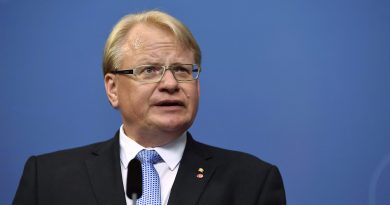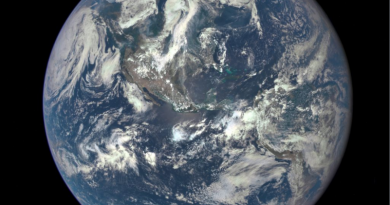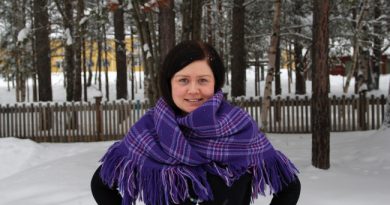“One step forward, two steps back,” says Int’l Inuit org of COP27
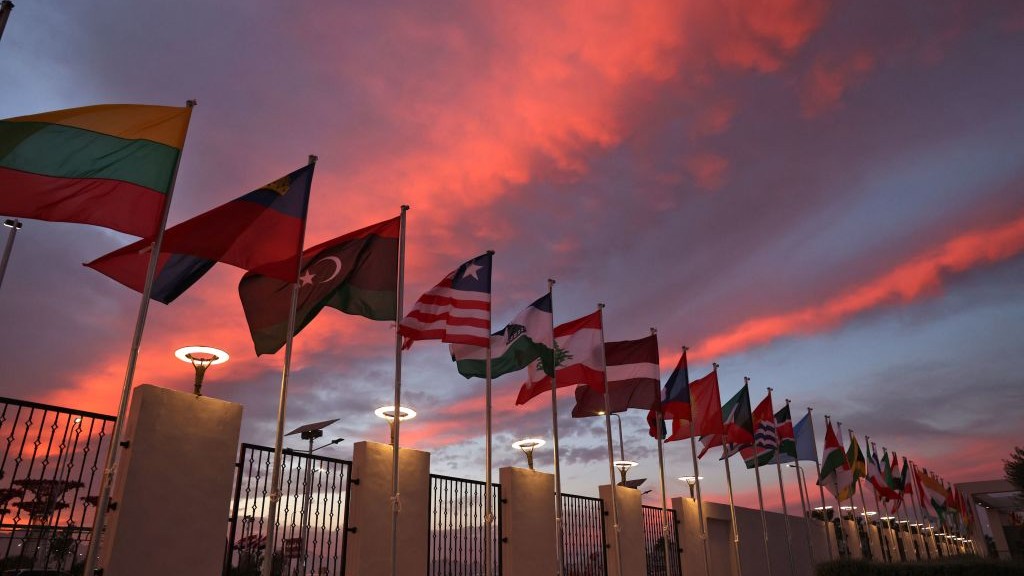
The Inuit Circumpolar Council (ICC) says it welcomes the decision about the creation of a loss and damage fund at COP27, but remains concerned about the lack of precision on national commitments to reach Paris climate accord goals.
“The Loss and Damage fund is a first step to ensuring climate justice,” Sara Olsvig, ICC’s International Chair, said in a statement this week.
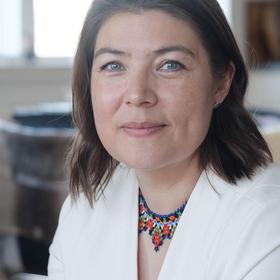
The decision to establish the fund was reached by the nations at COP27 on Sunday.
A news release about the decisions talks of the need for financial support “from a variety of sources” but does not specify which countries can use it or who will pay into it.
The idea for a fund as been long in the works as a resource for countries hit particularly hard by climate changes such as droughts, floods and other changes in the climate.
Most details of the fund remain to be negotiated but it’s seen as something that could help finance things like walls against sea level rise and drought resistant crops.
ICC said its next steps would be to see how Inuit communities facing the climate crisis might access such a fund.
“In the further development of the fund, we will work hard to ensure that Inuit, who have been on the front lines of climate changes for decades, will have equitable access to the fund,” Olsvig said.
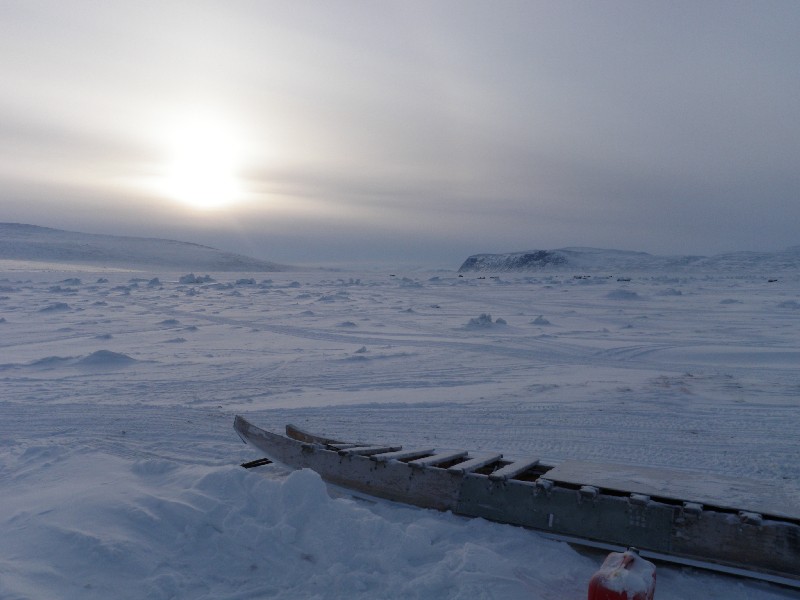
Progress on emissions, discussion of human rights lacking, ICC says
The COP final agreements are negotiated by delegates from 190 countries.
And Inuit delegation was in Sharm el-Sheikh during COP27 and included Olsvig and Lisa Koperqualuk, President of ICC Canada.
Other representatives were also present from the Canadian Inuit regions of Nunavik and Nunatsiavut, as well as elders and youth from Canada, Alaska and Greenland.
Before the meeting, ICC issued a position paper with five recommendations to the international community as the conference got underway, with a strong focus on Indigenous rights and the urgency of protecting the Arctic.
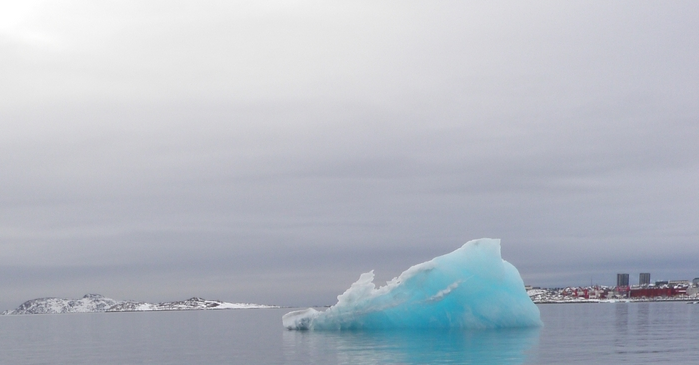
The five ICC recommendations to the international community in the position paper released in advance of COP27:
- address inequity of climate impacts
- for Inuit experience and leadership to be incorporated into national and global decisions on climate
- that engagement with Inuit respect the ICC protocols issued in June 2022
- recognition of Arctic’s role in global temperature regulation, protection of region in partnership with Inuit
- establishment of climate fund that can be accessed by Inuit
ICC said it was important to underline the progress made at COP27, but that it remained concerned about the lack of progress on reducing worldwide emissions.
“Despite the severe urgency of climate change and the increased extreme weather events, parties failed to agree on adding strong language to phase out fossil fuels,” Olsvig said.
‘Human rights missing piece in climate discussions’
Human rights was also a missing piece of the climate discussions, ICC said.
“Other concerns for Inuit in the Sharm El-Sheikh final agreement include the fact that there are fewer references to Indigenous Peoples and human rights than in the 2021 COP26 statement in Glasgow or the kinds of emissions reduction commitments needed to keep the target of holding global average temperature increases to 1.5C or less,” Olsvig said.
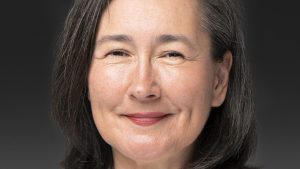
Koperqualuk said ICC will continue to put Inuit rights at the forefront of international discussions.
“The lack of human rights language is also a major concern,” she said.
“Language on human rights was on and off the table during the COP27, and the end result is a step back as the language included last year in the Glasgow Pact is now gone, which shows that human rights are not seen as fundamental principles by states, unfortunately.
“It’s one step forward, two steps back,” Koperqualuk said. “But we don’t give up.”
ICC represents the approximately 180,000 Inuit in Alaska, Canada, Greenland, and Chukotka, Russia.
Write to Eilís Quinn at eilis.quinn(at)cbc.ca
Related stories from around the North:
Canada: Continued sea ice loss could alter food web for some Arctic marine predators, says Canadian study, Eye on the Arctic
Greenland: Marine ecosystem off Southeast Greenland may have crossed tipping point, says study, Eye on the Arctic
Norway: 2020 shaping up to have second lowest Arctic sea ice extent on record, The Independent Barents Observer
Sweden: Temperature increase in Sweden twice as high as global average, weather service says, Radio Sweden
Russia: After a month stuck in Arctic sea ice, nine vessels make it to Kara Sea, The Independent Barents Observer
United States: Bering Sea ice at lowest extent in at least 5,500 years, study says, Alaska Public Media

